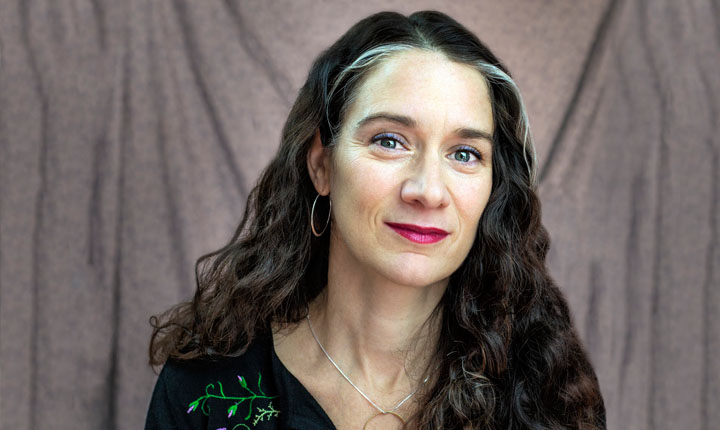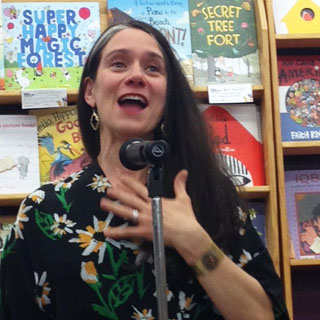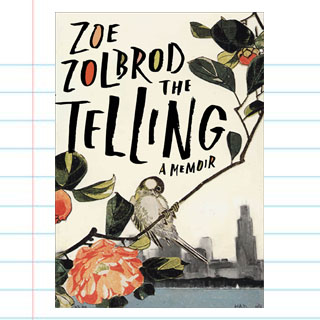The Longest Shortest Time
EPISODE #106: When You Tell
Today’s show is about something that’s really hard to talk about, but it’s a thing we can’t afford to not talk about. It’s about sexual abuse of children. Approximately 1 in 10 kids have been sexually abused by the time they are 18, and there is evidence that educating kids about potential predators can help prevent some of those incidents. And, perhaps, lessen their trauma if it does happen.

Zoe Zolbrod was sexually abused when she was a child, and she kept it a secret for most of her life. Her parents didn’t even know until she was 25. Now, in her 40s, she has written a book about what happened to her—and how it has impacted her life. Zoe’s memoir is called The Telling, and she has been touring the country doing readings, and getting a lot of poignant feedback from other sexual abuse survivors.


Listen to this episode to hear Zoe’s powerful story, and how sharing her secret has helped her to understand herself better as a daughter and as a mother.
Resources for talking to children about child sexual abuse
In writing her book, Zoe did a lot of research on sexual abuse, and how to talk to kids about it. Here are the resources she found most helpful. Please add yours in the comments!
Darkness to Light is an organization is dedicated to ending child sexual abuse. Their web site is rich with resources. On this page they cover addressing the topic with children.
Girlology/Guyology is an organization that helps parents provide “age-appropriate, medically accurate, engaging and cringe-free messages about growing up safe, healthy and informed, especially when it comes to puberty and sexuality.” As they say, “Sex Ed for Pre-Schoolers is Sexual Abuse Prevention.” Here they specifically address talking to very young children about their bodies and privacy.
Eight is Great is a Ted talk by the founder of Girlology, Melisa Holmes, about how and why to have a sex talk with your kid at this age.
RAINN, the nation’s largest anti-sexual violence organization, has help for parents who want to protect their children from being abused, advice for adults who suspect that a child is being harmed, and other resources, including for adult survivors.
NSCPP, National Society for the Prevention of Cruelty to Children, is a UK organization. It’s geared toward a British audience but has good tips for any parent. They also have a good research briefing in PDF form about when and how children disclose sexual abuse and why they may keep quiet. It’s dry but very substantial.
How do you talk to YOUR kids about sexual abuse? How did your parents talk to you?
Any differences? Let’s talk about this thing that doesn’t get talked about.
Our sponsors for this episode are Seedling (code: LONGSHORT), Third Love, Olive & Cocoa, Aeroflow Breastpumps and Little Passports. Use the promo codes at checkout for a special discount.
The Longest Shortest Time may earn a small commission from products linked on this site. Using our affiliate links helps support our work.